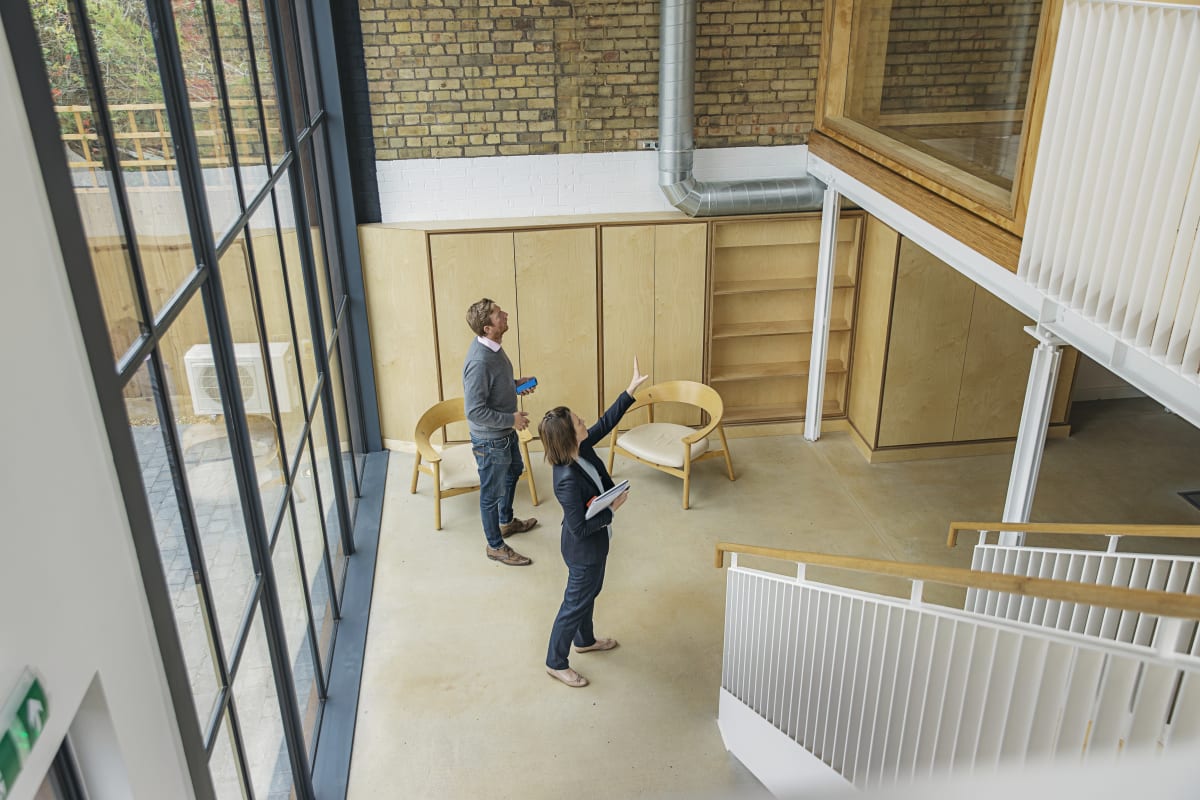With the pre-pandemic trend for hybrid working in North America showing no sign of slowing, there’s never been a better time for investors to explore the opportunity
Canada, the second largest country in the world, famous for its wild beauty, ice hockey, hi-tech industries, and natural resources, now has another accolade to boast about: the North American nation has been crowned the best country for remote working in 2021.
It comes as no surprise to Wayne Berger. The CEO of the Americas for IWG says the country was already seeing a move towards a more hybrid model of work before the pandemic. A 2019 CBRE report showed that Canada’s flexspace market had expanded by 303% in five years, with flexspace companies, such as IWG, growing their footprint from 1.5m sq ft in 2014 to more than 6.1m sq ft in 2019.
”Trends such as increased remote working and companies eschewing large, city centre offices with long leases, for smaller, suburban hubs closer to workers’ homes, were already gaining momentum over the last five years,” explains Berger. “Covid-19 has just accelerated that change.”
Berger says the move is today being driven by demand from the country’s service-based industries – a sector that employs 80% of the Canadian population. “We’re seeing companies in this industry shifting from a workplace centricity model – the requirement for employees to travel to one designated workplace only – to a more ubiquitous model, where employees can work wherever and whenever they need to, in order to achieve their objectives and produce results,” he says.
These firms are therefore investing in flexible office spaces as a solution, meeting the demand from staff for greater choice but also reducing capital expenditure while they continue to grow and pivot their business in a post-Covid-19 world.
Other sectors investing in Canadian flexspace include banking – with most of this interest concentrated in the key cities of Vancouver, Montreal and Toronto.
But Berger points out that a lot of the growth is now also happening in the suburban, regional areas. According to a January 2021 report, Montreal and Toronto both saw a record exodus of people from July 2019 to July 2020 as urban dwellers moved to the suburbs, smaller towns and rural areas to work remotely. Toronto lost 50,375 people over those 12 months while nearby Oshawa, Ontario saw its population grow by 2.1% – the fastest population growth in the country. Kitchener, Cambridge and Waterloo in Ontario were all tied with Halifax, Nova Scotia, for the second-fastest growth, at 2%
An investment opportunity
Berger predicts the next few years will see a large-scale shift towards flexspace. “As the world goes through a post-pandemic economic recovery, companies will be looking for ways to preserve cash in their business,” he explains. “Many will be looking to reduce capital intensive costs, such as inflexible real estate leases, and the millions of dollars required to build and maintain their own workspaces.”
“This will only be encouraged by businesses who’ve witnessed their staff do really well and flourish during hybrid working environments,” he adds
Even after the pandemic is no longer a focal point, he expects demand for flexspace to continue to grow in Canada. The environment, for example, will be the next crisis to tackle and the hybrid model offers a much more sustainable way of working, reducing or eliminating commutes and cutting carbon emissions.
Canada presents a tremendous opportunity for investors. Chris Bonneville, IWG Network Growth Director for Canada, says the brand is particularly suited for the Canadian market. “IWG has more than 30 years experience within the sector and the expertise we can offer represents an unparalleled opportunity for franchise partners to capitalise on the inevitable demand for flexible workspace in a post-pandemic era,” he says.
He adds that IWG’s brand recognition is also a huge bonus for investors, in terms of attracting new clients – particularly in less commercially developed suburban areas. Also compared with other industries that offer franchise partnerships, such as fitness and hospitality, the future of flexible workspaces is demonstrably bright.
“This pandemic has changed a lot of things, but most certainly it's changed the way we work,” he explains. “People need more flexibility from their companies when it comes to work. IWG understands the need to meet that future reality and they're ready to step into that new world of work.”
Bonneville is hugely optimistic about the future of its Canadian franchises and expects the flexspace market to see steady growth in the country, mostly in the second half of 2021. “IWG currently has centres in 130 locations, and I see no reason why, with more franchise partners, this couldn’t grow exponentially within the next few years,” he says.
IWG is keen to bring in more local expertise and for people to take ownership of a specific area. "We are actively recruiting entrepreneurial and passionate franchise partners to assist us with expanding our network of flexible workspaces across Canada. One of the key benefits for new franchise partners is their ability to exclusively choose the areas they want to grow" he adds.
"We are excited to recruit franchise partners within Canada. There's never been a more opportune time to invest in the growing flexible workspace industry."
Looking to capitalise on the growing trend for suburban flexspace? Find out more about IWG’s franchising partnerships






